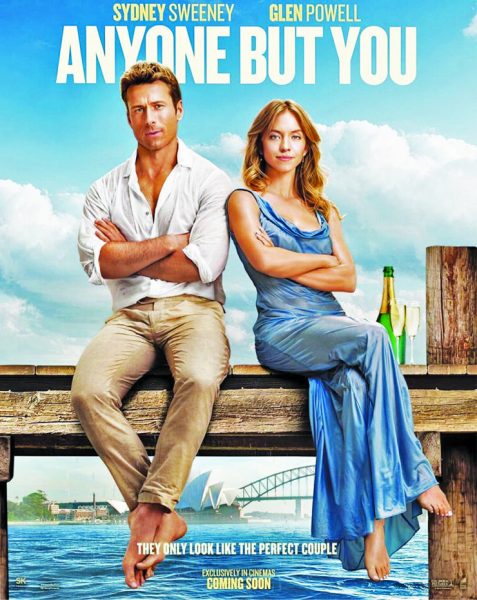Allow Me to Change Your Mind, Liberal Arts: Unique and Underappreciated
March 20, 2023
When choosing a career path, there are many options with degrees that enable you to work at a job that aligns with what you trained for.
For example, here at Misericordia you can pursue a major in Healthcare Management, Philosophy or, in my case, Mass Communication and Design. But there are people who poke fun at some career paths, thinking whoever chooses them won’t serve a practical use. There is no better example than the Liberal Arts. But how did this career path come into being? Let’s turn back the clock and find out.
Before they became known by their Latin variations (artes liberales, septem artes liberales, and studia liberalia), liberal arts were the continuation of Ancient Greek methods of inquiry that began with a “desire for a universal understanding.” Pythagoras argued there was a mathematical and geometrical harmony to the cosmos or the universe; his followers linked the four arts of astronomy, mathematics, geometry, and music into one area of study to form the “disciplines of the medieval quadrivium.” Eventually, rhetoric, grammar, and dialectic (logic) became the educational programme of the trivium. Together, they came to be known as the seven liberal arts.
Rooted in the basic curriculum – the enkuklios paideia or “well-rounded education” – of late Classical and Hellenistic Greece, the “liberal arts” or “liberal pursuits” (Latin liberalia studia) were already so called in formal education during the Roman Empire. The first recorded use of the term “liberal arts” (artes liberales) occurs in De Inventione by Marcus Tullius Cicero, but it is unclear if he created the term.
During the Middle Ages, logic gradually came to take predominance over other parts of the trivium. In the 12th century, the iconic image – Philosophia et septem artes liberales (Philosophy and seven liberal arts) – was produced by an Alsatian nun and abbess Herrad of Landsberg with her community of women as part of the Hortus deliciarum.
In the Renaissance, the Italian humanists and their northern counterparts, despite in many respects continuing the traditions of the Middle Ages, reversed that process, re-christening the old trivium with a new and more ambitious name, Studia Humanitatis, and increasing its scope. They downplayed logic as opposed to the traditional Latin grammar and rhetoric and added to them history, Greek, and moral philosophy (ethics) with a new emphasis on poetry, as well.
The modern use of the term liberal arts consists of four areas: the natural sciences, social sciences, arts, and humanities. Academic areas associated with the term liberal arts include life sciences, physical science, (logic, mathematics, statistics, computer science), philosophy, history, social science (anthropology, economics, human geography, linguistics, political science, jurisprudence, psychology, and sociology) and creative arts (fine arts, music, performing arts, literature).
So… Allow me to Change Your Mind
It’s sad that some degrees don’t get the respect they deserve as they are unfairly treated as career paths that won’t get you far in the real world. I have some idea on where attention needs to shift and that is sports.
Sports receives a lot of attention and is often looked upon with reverie from those on the outside, especially when it comes to funding. Those going into a sports career path can achieve while others are disappointingly shoved to the side.
The arts are just as valuable as sports, if not more, and it’s a shame that one recreational career is shoved to the side because it allows those in the arts to express themselves whether it be in song, dance or liberal art. These emotions are complex and finding some way to express that is key to surviving the outside world.
You can be healthy and express yourself; don’t choose one or the other when it comes to arts vs. sports. You can do both, and don’t let anyone tell you one passion is better than the other because they both deserve the attention. Expressing your emotions is healthy in both mental and physical states, just like sports.







